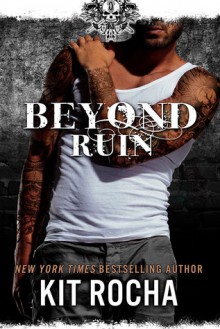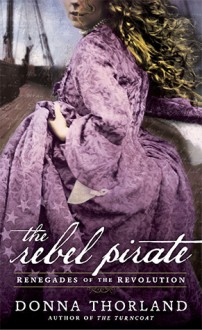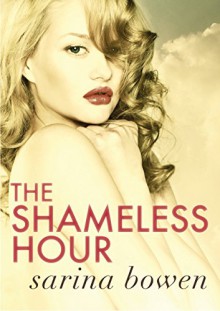
Since the beginning (Beyond Shame), the Beyond series has blown me away by being so massively compelling and entertaining even though, by all my usual benchmarks, these books shouldn't interest me at all. The Beyond books feature so many things I usually hate: a post-apocalyptic dystopian setting, a patriarchal social order, casual violence and addiction, and lots and lots and lots of casual and group sex. And yet the world-building is so strong, the characters are so likable, the plot so gripping, and the writing so smoothly compelling, that these books are like catnip for me. Whenever a new one comes out, I set aside whatever else I'm reading and dive in to the Sectors.
Now 7 books and several novellas into the series, I still love the world-building and the series-overarching plot about the building confrontation between the Sectors and the poisoned utopian city at their heart, Eden. Things on that front are really heating up in Beyond Ruin, and I can't wait to find out what happens next. (Warning: the ending of Beyond Ruin is more cliffhangery than previous books have been, but that's because we're now right on the cusp of the conflict the whole series has been developing.)
I have noticed over the last several books that the blush is coming off the rose a bit for me in terms of the relationships/romances that each individual book focuses on. Part of it is that every single couple seems to have the same kinks (a tendency toward BDSM, in varying degrees of intensity), which was hot in the early books but has become stale and less believable over time: these are different couples/polys, with their own issues, and I find it hard to believe that they all get off on the same kind of sexual play.
As to "Beyond Ruin" in particular, the relationship here didn't work for me because it's a quad between Maddox and Dylan (both men) and Jade and Scarlet (women). These two couples (M/D and J/S) were in relationships before they became a foursome, and the development of their group relationship just didn't gel for me. This isn't the first time the Beyond series has tackled a poly relationship -- Beyond Jealousy starred Rachel, Cruz, and Ace. Where that story worked, and Beyond Ruin doesn't, I think stems from the fact that all three of the participants in Jealousy have their own, equal bond with each of the others, whereas in Beyond Ruin, the men's relationships with each other works, the women's relationship with each other works, but Dylan bonds with Jade (and not so much with Scarlet) and Mad bonds with Scarlet (and not so much with Jade), and in every grouping it feels like someone is on the outside looking in. I read the whole book with a deep skepticism that such a foursome could really work, because there seem to be jealousy issues and loyalty issues and trust issues that will sabotage their happily ever after. Also, I found the use of pronouns in the sex scenes very confusing and awkward -- when you have multiple "hims" and "hers" in the scene, it was very hard to keep track of whose tab A is headed for whose slot B.

 Log in with Facebook
Log in with Facebook 








